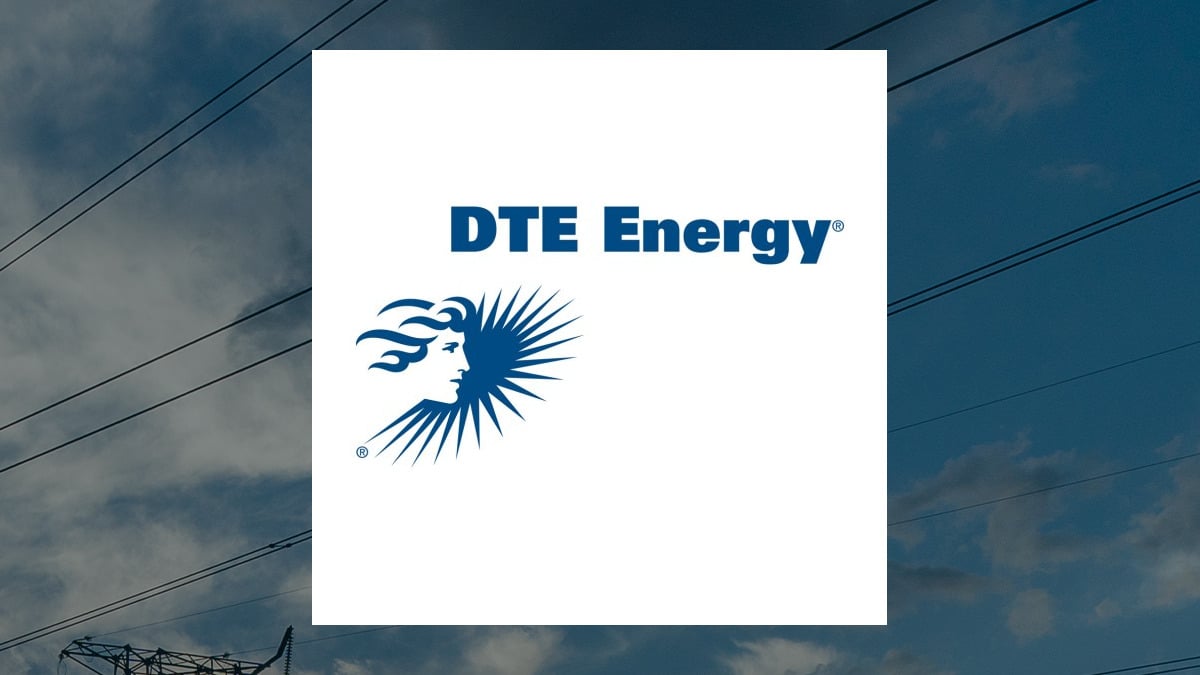 DTE Energy Company’s financial performance shows stable revenue growth attributed to higher sales in renewables and cost reductions. Management focuses on disciplined growth and risk management, identifying key challenges and mitigation strategies. Key performance indicators like ROI suggest value generation concerns. With a customer base of 2.3 million in southeastern Michigan, the company emphasizes current market operations and cybersecurity risk management. Sustainability efforts include renewable energy projects and responsible resource management. Forward guidance outlines strategic initiatives aligned with regulatory changes and environmental goals for long-term competitiveness and growth.
DTE Energy Company’s financial performance shows stable revenue growth attributed to higher sales in renewables and cost reductions. Management focuses on disciplined growth and risk management, identifying key challenges and mitigation strategies. Key performance indicators like ROI suggest value generation concerns. With a customer base of 2.3 million in southeastern Michigan, the company emphasizes current market operations and cybersecurity risk management. Sustainability efforts include renewable energy projects and responsible resource management. Forward guidance outlines strategic initiatives aligned with regulatory changes and environmental goals for long-term competitiveness and growth.
Executive Summary
Financials
Revenue growth has been stable over the past three years. Higher sales in the Renewables business and a decrease in non-utility operations revenue are the primary drivers behind this trend. Operating expenses decreased by $26 million in the three months ended March 31, 2024. The decrease was mainly due to lower distribution operations expenses of $76 million, partially offset by one-time costs of $31 million from the voluntary separation incentive program and higher plant generation expenses of $17 million. The company’s net income margin is $313 in the first period and $445 in the second period. It has improved from $313 to $445. The comparison to industry peers cannot be determined from the given information.
Management Discussion and Analysis
Management has focused on disciplined growth opportunities and strict risk-return criteria. They aim to maintain financial strength and improve profitability through strategic investments in existing and new businesses. The success of these initiatives is yet to be determined. Management assesses the company’s competitive position through cost reduction efforts, maximizing system performance, and managing commodity price risks. They highlight market trends like weather impact, unplanned outages, competition, and regulatory changes as potential disruptions. Management identified major risks and challenges: health, safety, financial, environmental, and regulatory risks, volatility in commodity markets, changes in raw material costs, technology advancements, customer financial conditions, and investment losses. Mitigation strategies include monitoring, diversification, and financial planning.
Key Performance Indicators (KPIs)
Risk Assessment
External factors such as weather impacts, regulatory risks, commodity market volatility, and technological advancements pose risks to the company’s operations and financial performance. The company’s focus on customer payment arrangements and energy disconnects shows an emphasis on cybersecurity risk management. By promoting timely payments and adhering to billing rules, they aim to mitigate potential cyber threats in their digital operations. DTE faces legal issues and regulatory matters, but provisions are made for estimated losses. The impact on financials is not expected to be significant.
Corporate Governance and Sustainability
DTE Energy’s board of directors is composed of members overseeing various businesses, including DTE Electric and DTE Gas. No notable changes in leadership or independence are mentioned in the provided context information. DTE does not specifically address diversity and inclusion in its governance practices and board diversity commitment. The focus is primarily on describing the corporate structure and business activities. DTE discloses sustainability initiatives like renewable energy projects and responsible resource management. It demonstrates commitment through long-term contracts, risk management strategies, and performance evaluation based on environmental and social impact.
Forward Guidance
The company’s forward-looking guidance addresses strategic initiatives and priorities by considering factors like regulatory changes, business growth plans, legal disputes, environmental goals, and potential risks. This helps the company anticipate challenges and opportunities to make informed decisions. DTE is factoring in changes in federal and state laws, energy policy, and carbon emission reduction goals. It plans to capitalize on these trends by ensuring compliance with regulations, focusing on new business development, and maintaining a consistent rate base for capital spending. DTE Energy’s forward-looking guidance highlights a focus on capital spending for growth and opportunities in non-utility businesses, demonstrating a commitment to long-term competitiveness and expansion.
For more information:
This article was created using artificial intelligence technology from Klickanalytics.
